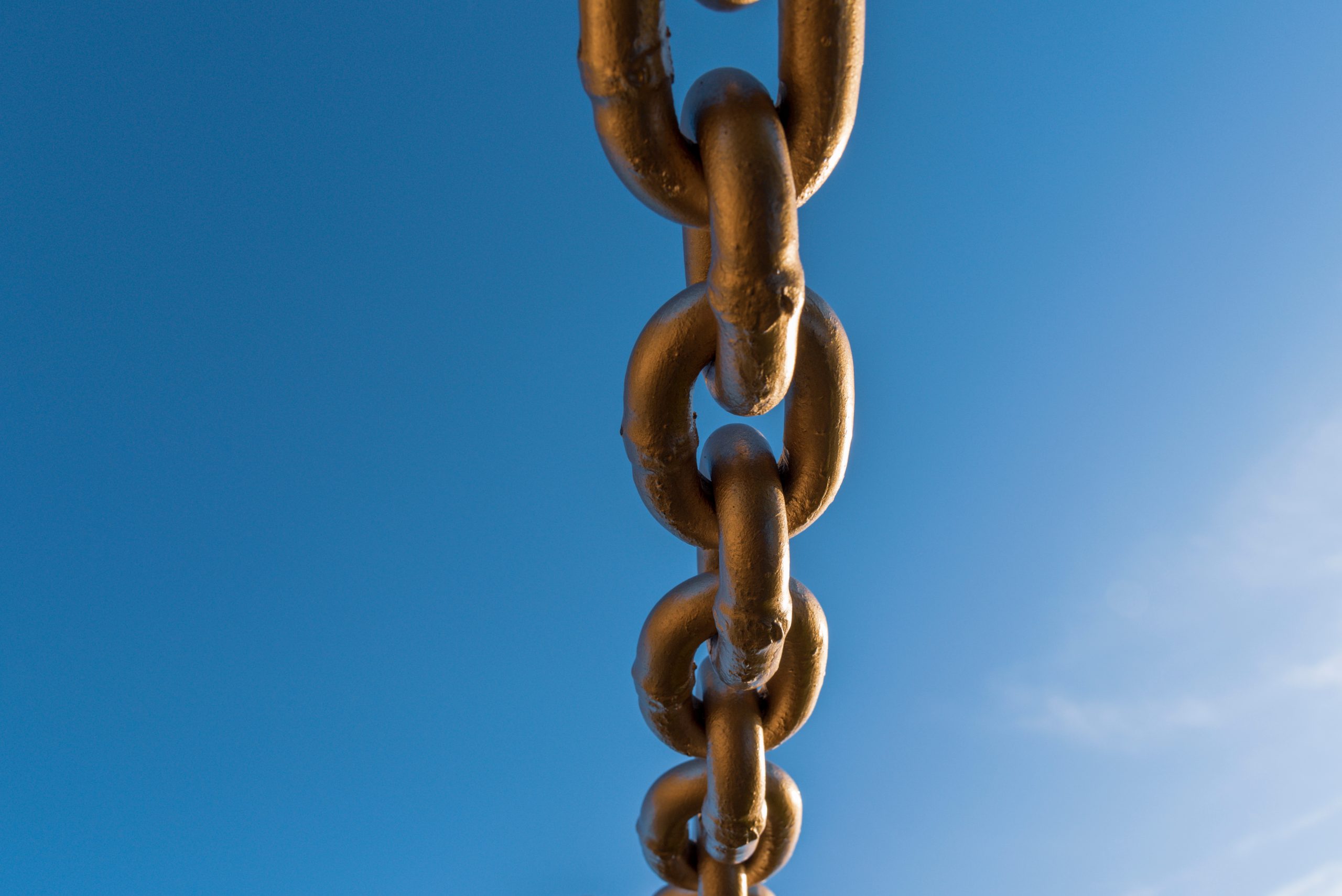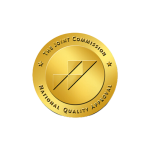What You'll Learn:
- Introduction to Behavior Chain Analysis in Addiction Recovery
- The Components of Behavior Chain Analysis
- How Behavior Chain Analysis Works in Depth
- Real-World Examples in Addiction Treatment
What is Behavior Chain Analysis?
If you're navigating the rollercoaster that is addiction recovery, you might feel like you're constantly asking yourself, "Why did I do that?" That's where Behavior Chain Analysis (BCA) comes into play. Think of it as a
deep dive into the 'why' and 'how' behind your actions, specifically those that lead you towards substance abuse. Don't worry, you're not in this alone. The aim here is not to lay blame but to pave a path for genuine understanding and control. Ever heard of dissecting a problem? Behavior Chain Analysis (BCA) does precisely that. You start by identifying the issue at hand, be it drug use or drinking. Next, you'll delve into the triggers that led to this behavior. Finally, you'll evaluate the fallout—what consequences emerged because you engaged in this behavior. It's not about self-judgment but self-awareness.
Knowing what leads you to act in a certain way can help you figure out how to change course.
How Behavior Chain Analysis Works in Depth
Imagine this: you had an awfully stressful day. The boss was on your case, the commute was a nightmare, and by the time you're home, your hand is reaching for that bottle or drug. In BCA, you pull apart every piece of this event. What were you thinking when the stress hit you? Were you short of breath and your palms were sweaty? Were you recalling a similar stressful day from your past? Once you dissect the entire experience, you start to see patterns or 'links' in your behavior chain. These aren't your downfalls; they're your roadmap to change. By identifying these patterns, you can replace destructive steps with constructive ones.
Behavior Chain Analysis is a structured approach used to understand the various factors and events leading to a specific behavior, especially problematic or undesired ones. This method is commonly used in therapeutic settings
such as Dialectical Behavior Therapy (DBT) and Cognitive Behavioral Therapy (CBT). The goal is to dissect a problematic incident into its individual components to understand the "chain" of events, thoughts, feelings, and actions that led to it. By doing so, individuals can identify the points where they could intervene to break the chain and make better choices in the future.
Real Stories, Real Recovery
Take Sarah, for example. She struggled with opioid addiction, finding herself using it every time she felt overwhelmed. When she began using Behavior Chain Analysis, she unearthed that the feeling of being overwhelmed was tied to her childhood, where she never felt good enough. By recognizing this, she was able to replace the act of using opioids with other coping mechanisms like deep breathing, taking a walk, or talking to a trusted friend when overwhelmed.
Using missing links analysis can help with this as well.
Why You Should Consider This Approach
Behavior Chain Analysis serves as your GPS in the murky world of addiction recovery. Not only do you gain insight into why you act the way you do, but you also find healthier detours to reach your destination—sobriety. This tool can be immensely beneficial for both you and your counselors in formulating more effective addiction treatment plans. And let's not forget
how crucial it is for preventing relapse. Knowing your triggers and your typical response chain can help you hit the brakes before making a U-turn back into addiction.
Reading this was the easy part. If you're serious about breaking the chains that tie you to your addiction, it's time to take actionable steps. At
American Recovery Center, we integrate Behavior Chain Analysis into our personalized treatment plans. This offers you a more targeted and effective way to combat addiction. Why wait for tomorrow when you can start saving it today, Call us at
866-484-2502.
There you have it. Awareness is the first step toward meaningful change. Don't underestimate the power of recognizing the 'why' behind the 'what'. Take the bold step and heighten your odds for lasting recovery.


